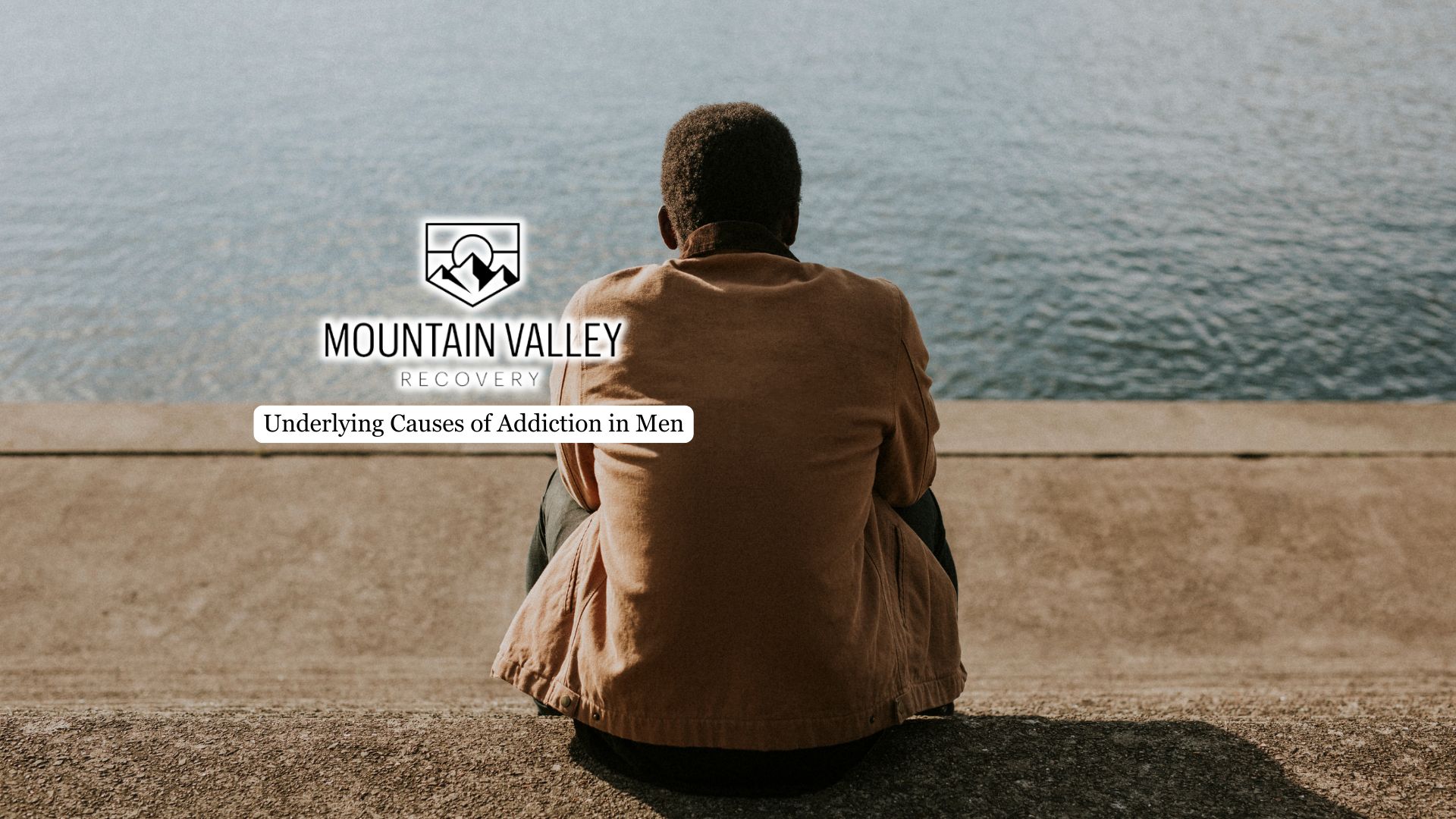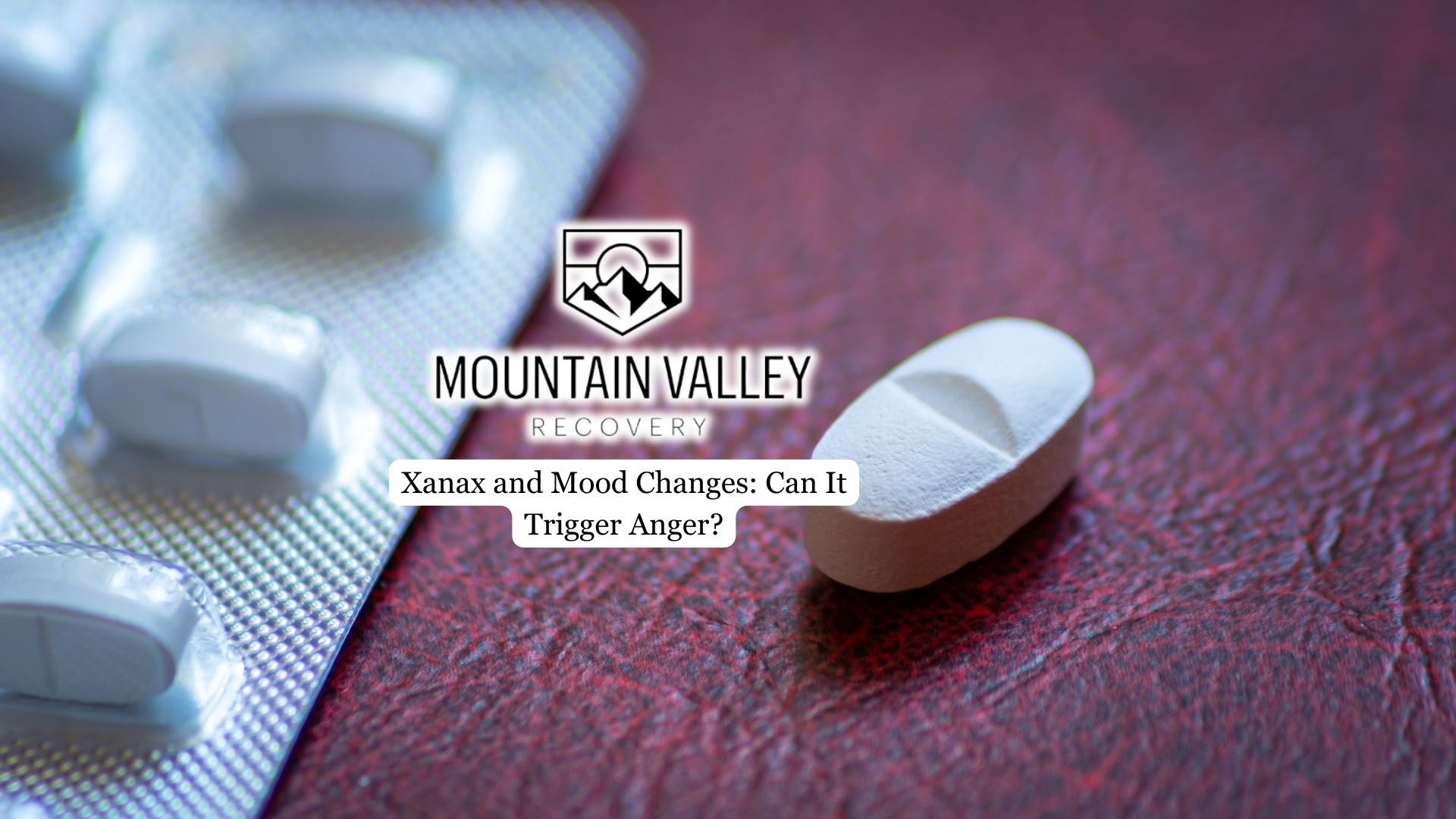Two terms that are often used interchangeably in addiction and mental health treatment are co-occurrence and comorbidity. However, while they might seem similar, there are key differences between the two that can significantly affect how treatment is approached. For men dealing with addiction and mental health challenges, recognizing whether they are experiencing co-occurring disorders or comorbid conditions is essential for creating an effective treatment plan.
This article will clarify the difference between the two terms and explain why this distinction
matters in recovery.
Defining Co-Occurrence
Co-occurrence is when two disorders exist simultaneously but do not necessarily influence each other directly. For example, a man may struggle with alcohol addiction and anxiety simultaneously, but the alcohol use may not directly cause or worsen the anxiety. In this case, each disorder requires a different therapeutic approach but can be treated simultaneously.
Understanding co-occurrence helps men in recovery recognize that both conditions should be treated independently, using specific therapies suited to each disorder. Recognizing co-occurring disorders allows for a more tailored treatment plan that addresses each issue without overlap, promoting more effective recovery strategies.
Read more about our dual diagnosis program in Utah, which is the recommended treatment approach when an individual is suffering from substance addiction and co-occurring disorders.
Defining Comorbidity
Conversely, comorbidity involves two or more closely interconnected disorders, with one condition influencing or exacerbating the other. For example, a man suffering from depression may use alcohol or drugs to self-medicate, which worsens the depression, leading to further substance abuse. The relationship is reciprocal, one disorder worsens the other, creating a cycle of dependence and emotional distress.
Treatment for comorbid conditions must be integrated, as both disorders affect each other. For men facing comorbid conditions, addressing only one disorder often results in incomplete recovery. A treatment approach that targets both addiction and mental health is usually the most effective way to break the cycle and build a foundation for lasting recovery.
Key Differences Between Co-occurrence and Comorbidity
The key difference is that co-occurrence involves two disorders existing independently, while comorbidity refers to disorders that influence and worsen each other. Co-occurring conditions can be treated separately, while comorbid conditions require an integrated approach that addresses both simultaneously to prevent relapse and promote full recovery.

Why Understanding the Difference Between Co-occurrence and Comorbidity Matters in Treatment
If the disorders are co-occurring, they can be treated separately, with targeted therapies addressing each disorder individually. This allows for focused treatment for both conditions without assuming a direct relationship between them.
However, if the disorders are comorbid, an integrated approach is necessary, as one disorder often worsens the other. Treating only one condition could lead to incomplete recovery, with the untreated disorder undermining progress.
Accurate diagnosis and understanding of the relationship between the disorders ensures that both conditions are addressed together, improving recovery outcomes and reducing the risk of relapse.
Long-Term Recovery and Aftercare for Co-occurring and Comorbid Disorders
Achieving recovery from addiction and mental health disorders is a lifelong journey, not a one-time fix. After completing initial treatment, continued support is crucial for maintaining sobriety and mental well-being. Men recovering from both co-occurring and comorbid conditions often require long-term aftercare to ensure they stay on track and continue making progress.
Aftercare programs play a vital role in maintaining recovery. These programs often include ongoing therapy, support groups, and practical tools for managing stress, emotions, and triggers that may lead to relapse. For men dealing with both addiction and mental health issues, aftercare helps them integrate what they’ve learned into their daily lives. It provides the support needed to manage both conditions simultaneously.
Sustained recovery is possible when both addiction and mental health are addressed continuously. Long-term care allows men to build resilience, improve their coping mechanisms, and gain the confidence needed to navigate life’s challenges without relying on substances or unhealthy behaviors.
Final Thoughts from Mountain Valley Recovery
Understanding the difference between co-occurrence and comorbidity is crucial for men facing both addiction and mental health challenges. At Mountain Valley Recovery, we provide an integrated approach that treats both conditions simultaneously, ensuring that neither is overlooked. Our personalized treatment plans help men address both addiction and mental health in a supportive, men-only environment, fostering lasting recovery and improved overall well-being.





